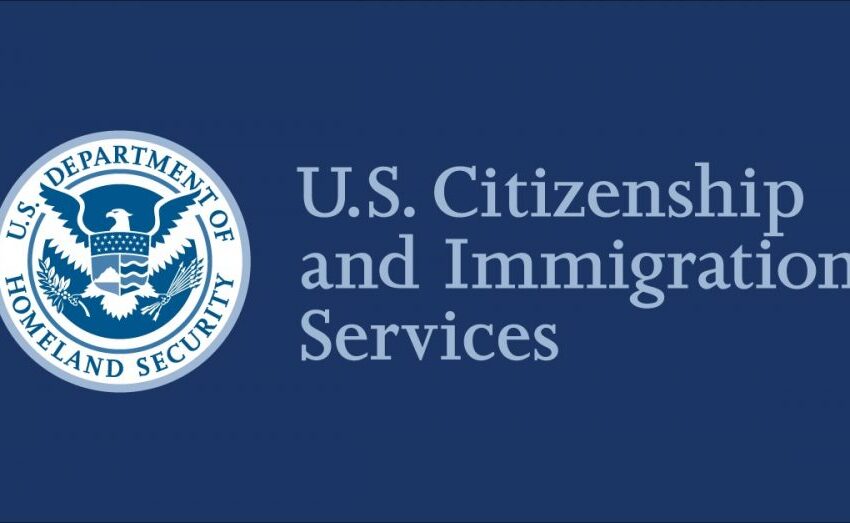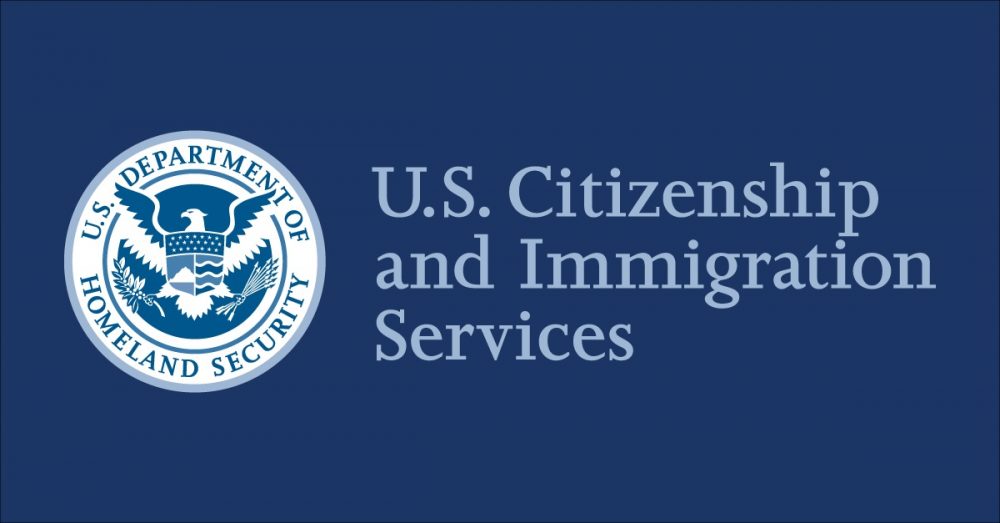USCIS proposes hike in immigration, naturalization fees

Logo credit: https://www.uscis.gov/

New rule to establish separate fees for each nonimmigrant classification covered by Form I-129
US Citizenship and Immigration Services (USCIS) has proposed raising several immigration and naturalization fees to meet the drastic shortfall in its revenues during the Covid-19 pandemic.
Noting that USCIS receives approximately 96 percent of its funding from filing fees, not from congressional appropriations, the immigration agency said the proposed rule would increase some fees, including a modest increase in the fee for certain naturalization applications.
Read: USCIS weighted median processing time increased by 80% since 2014: report (January 1, 2023)
New measures include a proposal to incorporate biometrics costs into the main benefit fee and remove the separate biometric services fee; establish separate fees for each nonimmigrant classification covered by Form I-129, Petition for a Nonimmigrant Workers; change the premium processing timeframe from 15 calendar days to 15 business days; and institute lower fees for certain forms filed online.
However, the proposed rule would not change existing fee waiver eligibility requirements for low-income and vulnerable populations and adding new fee exemptions for certain humanitarian programs, the agency said.
If finalized, the proposed rule would decrease or minimally increase fees for more than one million low-income filers each year, it said.
“In addition to improving customer service operations and managing the incoming workload, USCIS must continue to fulfill our growing humanitarian mission, upholding fairness, integrity, and respect for all we serve,” said USCIS Director Ur M. Jaddou.
“This proposed rule allows USCIS to more fully recover operating costs for the first time in six years and will support the Administration’s effort to rebuild the legal immigration system.”
Read: USCIS to automatically extend green cards for naturalization applicants (December 12, 2022)
The projected revenues resulting from the proposed rule would allow USCIS to increase the number of adjudicators processing applications, implement technology improvements, and increase support provided to individuals seeking information and assistance from USCIS, the agency said.
The 60-day public comment period starts following publication of the proposed rule in the Federal Register. Fees will not change until the final rule goes into effect after USCIS finalizes the fee schedule in response to public comments.
USCIS will host a public engagement session on the proposed fee rule on Jan 11, 2023.

